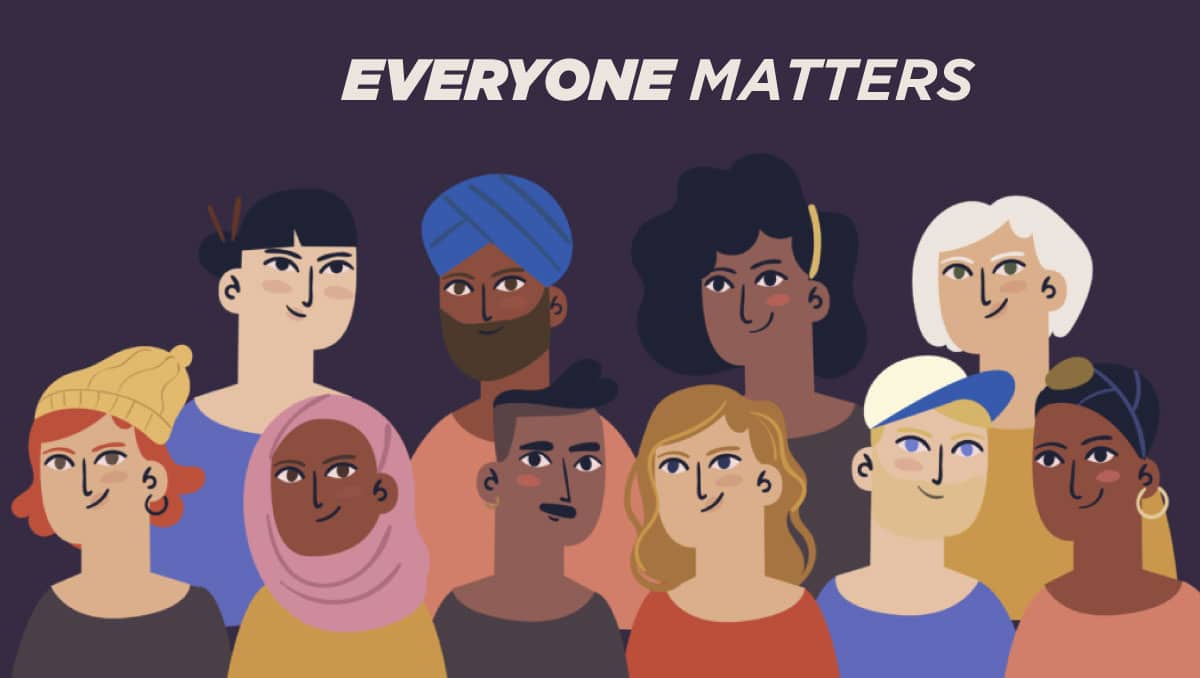Diversity in Care

Diversity in domiciliary care services is essential for ensuring that all individuals, regardless of their background, culture, or needs, receive the high-quality, personalised care they deserve. In a multicultural society like the UK, the demand for care services that are respectful of different cultures, religions, and lifestyles is growing. Diversity in the care workforce and care approach not only benefits service users but also enriches the care sector as a whole.
Why being inclusive Matters
- Culturally Competent Care: Different cultures have different beliefs, customs, and practices, especially concerning personal care, meals, and health decisions. A diverse care team can better understand and cater to the specific cultural or religious needs of service users. For example, a carer from a similar cultural background may better understand dietary restrictions or preferences, which can contribute to the individual’s overall well-being and comfort.
- Personalised Care: One of the key aspects of domiciliary care is delivering tailored support that meets the individual’s specific needs. Diversity within care staff allows for more personalised care, as it can help ensure that the person receiving care feels understood, respected, and valued. Whether it’s language, customs, or personal preferences, diversity enables care to be adjusted according to the individual’s unique circumstances.
- Language and Communication: For many people, especially older adults who may not speak English as their first language, communication can be a significant barrier to receiving proper care. A diverse team with carers who speak different languages can help overcome this, making it easier for service users to express their needs and understand the care they are receiving. This can reduce confusion and anxiety, ensuring that the care provided is safe and effective.
- Better Representation: The UK is a diverse country, and care services should reflect the communities they serve. When care providers hire individuals from varied backgrounds, it helps build trust within communities and ensures that everyone feels represented. It also demonstrates that the organisation values inclusion, which can foster stronger relationships between carers and service users.
- Enhancing Empathy and Understanding: Diversity in the workforce encourages empathy and understanding. When care staff come from a range of cultural, religious, and socio-economic backgrounds, they bring with them different perspectives on life and care. This can help teams work more effectively together, share best practices, and improve the overall quality of care.
- Addressing Health Inequalities: Studies have shown that certain communities in the UK face greater health inequalities. People from Black, Asian, and minority ethnic groups, for example, often experience worse health outcomes and have less access to care services. By promoting diversity in domiciliary care, care providers can help address these disparities by providing more culturally sensitive and accessible care to all individuals.
How to Promote equality
- Inclusive Recruitment: Care providers must take proactive steps to attract and retain a diverse workforce. This includes advertising job openings in a range of platforms that reach different communities, providing equal opportunities in hiring, and offering cultural competency training for all staff.
- Cultural Sensitivity Training: Providing carers with training in cultural sensitivity and diversity awareness is vital. This ensures that all team members understand the importance of respecting different cultural practices, traditions, and beliefs in their day-to-day work. Ongoing training and professional development should be provided to continually raise awareness of the diverse needs of service users.
- Creating an Inclusive Environment: Diversity should be celebrated and encouraged in all aspects of care provision. Care organisations should aim to create an inclusive workplace where staff from all backgrounds feel valued and respected. This can lead to a more positive working environment, higher job satisfaction, and better retention of talented carers.
- Community Engagement: Working closely with different community groups is a great way to ensure that domiciliary care services are meeting the needs of everyone. Regular consultations with community leaders and members can help care providers understand the unique challenges faced by specific groups and make necessary adjustments to care delivery.
The Benefits of a Diverse Domiciliary Care Workforce
- Improved Care Quality: When service users feel understood and respected, they are more likely to engage positively with their care, leading to better outcomes.
- Increased Trust: A diverse workforce can help build trust with service users, especially those who might feel more comfortable being cared for by someone from a similar cultural background.
- Attracting a Wider Client Base: Care services that embrace diversity are more likely to appeal to a broader range of individuals, ensuring that the service is accessible to all members of the community.
- Fostering Innovation: Diversity in the workforce brings different perspectives and ideas, which can foster creativity and innovation within the care organisation.
Conclusion
Diversity in domiciliary care services is not only a moral and ethical responsibility but also a practical necessity in today’s multicultural society. By embracing diversity in the workforce and care practices, domiciliary care providers can ensure that all individuals receive high-quality, personalised care that respects their cultural, religious, and personal needs. Promoting diversity benefits both care workers and service users, leading to a more inclusive, empathetic, and effective care environment.